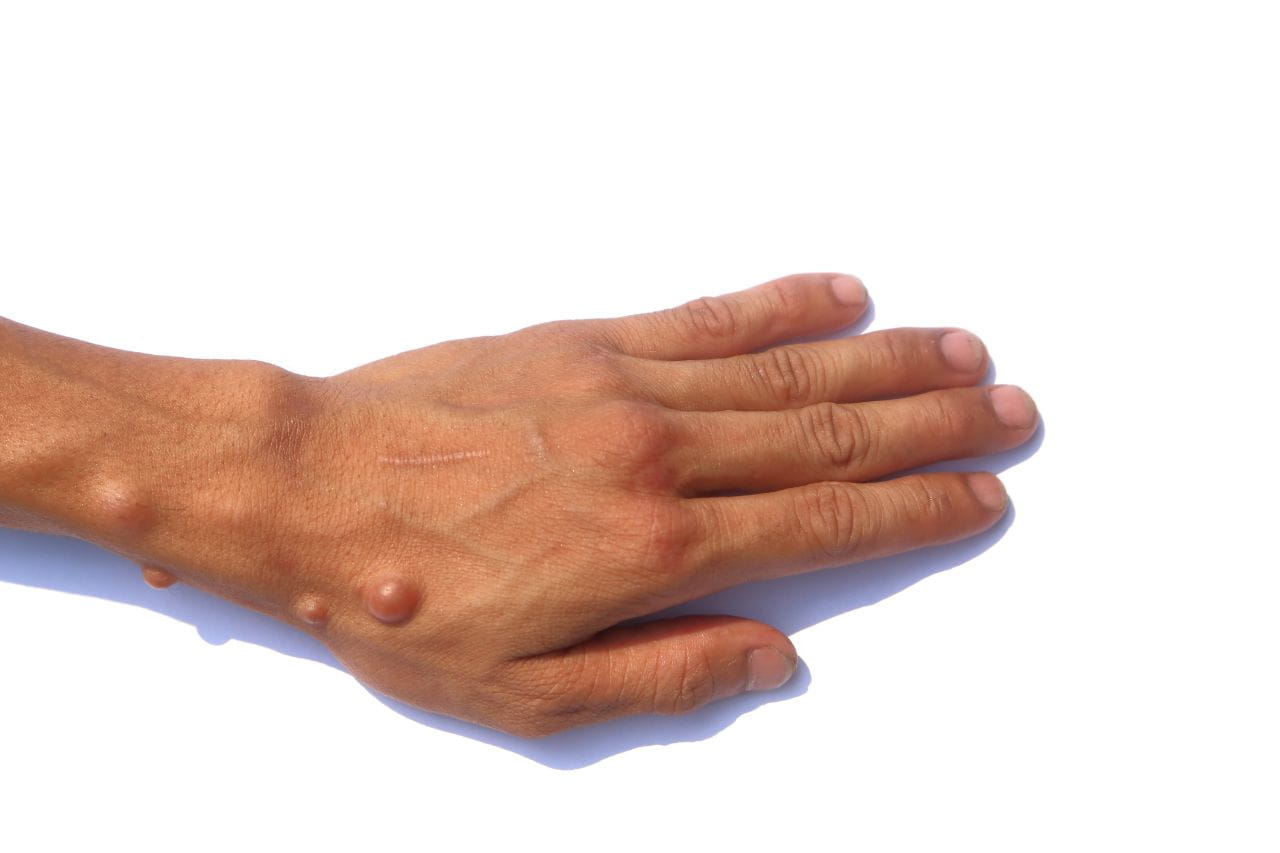What Is Vascular Neurology?
.jpg?rev=616c68f46d3f46b39e457fcfa0a86573)
What Is Vascular Neurology?
Neurology is a branch of medicine that diagnoses and treats disorders of the nervous system, including the brain, spinal cord and peripheral nerves. Vascular neurology is a specialized field within neurology that focuses on diseases of the brain and spinal cord caused by problems with blood vessels, including stroke.
This article provides an overview of the field of vascular neurology, including the conditions that a vascular neurologist treats, stroke symptoms and prevention strategies.
Vascular Neurologists: The “Stroke Doctors”
Stroke is the most common cerebrovascular disease. So, while vascular neurologists treat other conditions, they’re sometimes referred to as “stroke doctors.”
Some of the other medical problems they address include:
- Brain or spinal cord injuries
- Stroke-related epilepsy
- Transient ischemic attacks (TIAs or mini-strokes)
- Cerebral vasculitis (inflammation of the blood vessels in the brain and spinal cord)
- Stenosis (narrowing) of brain arteries
- Management of blood thinners for atrial fibrillation
- Cardiac risk factors associated with stroke
- Blood vessel malformations
What Does a Vascular Neurologist Do?
Like other physicians, vascular neurologists focus on three aspects of patient health:
- Diagnosis: They use various diagnostic tools, including computed tomography (CT) scans, magnetic resonance imaging (MRI) and angiograms, to identify and evaluate cerebrovascular disease. That includes analyzing blood flow to the brain and identifying any blockages or abnormalities.
- Treatment: Vascular neurologists manage stroke care, including administering crucial clot-busting medications. While overseeing the patient's neurological treatment, they collaborate closely with interventional specialists (like radiologists or neurosurgeons) who perform procedures to physically remove clots.
- Prevention: They help patients understand and manage risk factors for strokes and other cerebrovascular diseases, such as high blood pressure, high cholesterol and diabetes.
Stroke Identification and Prevention
Stroke is the leading cause of serious, long-term disability in the U.S. When someone is having a stroke, it is critical that they get medical attention as quickly as possible. If you think that you might be having a stroke or that someone you are with might be, remember BEFAST:
- Balance: Ask the person if they are experiencing any dizziness or trouble walking
- Eyes: Ask the person if they are experiencing any changes in vision – double vision, sudden total or partial loss of vision
- Face: Ask the person to smile to see if one side of their face droops.
- Arms: Have the person raise their arms and look for one drifting downward.
- Speech: Ask the person to say a simple phrase and listen for slurred or unusual speech.
- Time: If you see any signs of a stroke, call 911 immediately.
Getting prompt medical attention can help prevent or reduce permanent brain damage from the event.
Steps for lowering your stroke risk include:
- Eating a healthy diet
- Achieving and maintaining a healthy weight
- Getting regular exercise and being active in general
- Quitting smoking or not starting
- Limiting your alcohol use
- Preventing or treating high cholesterol
- Preventing or treating high blood pressure
- Preventing or treating diabetes
Learn More About Vascular Neurology From Baptist Health
Vascular neurologists play a vital role in emergency stroke care, long-term stroke prevention and diagnosing and treating other cerebrovascular diseases. If you ever need to be treated by one of these physicians, you can expect attentive care from someone with specialized training and extensive experience.
If you have been referred to our neurology and stroke care and have questions about what to expect, your Baptist Health primary care provider can answer them.
Next Steps and Helpful Resources
What Is a Neurosurgeon?
Detecting and Treating Strokes
When to See a Neurology Doctor
Spot the Signs of a Stroke


.jpg?rev=7c2ce0488a9b40629cbdb177ed534879)
